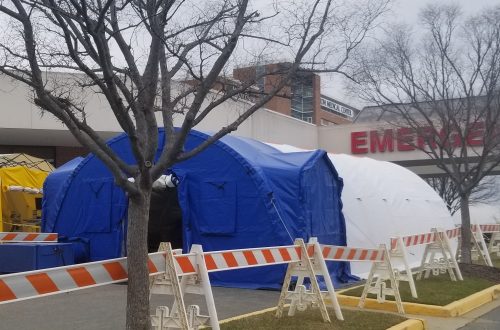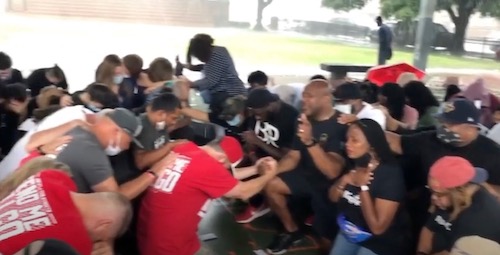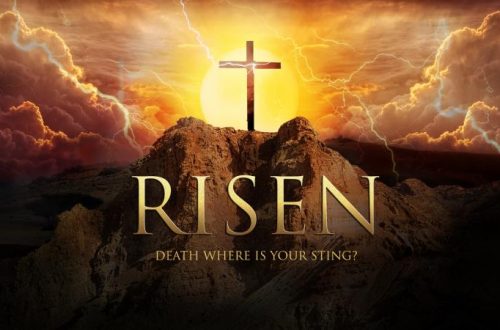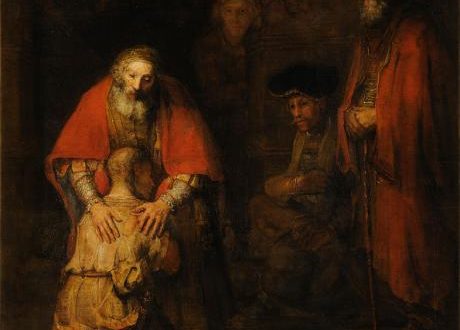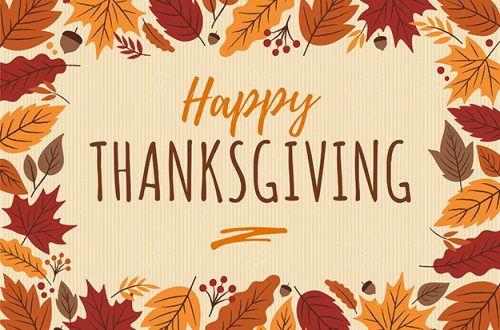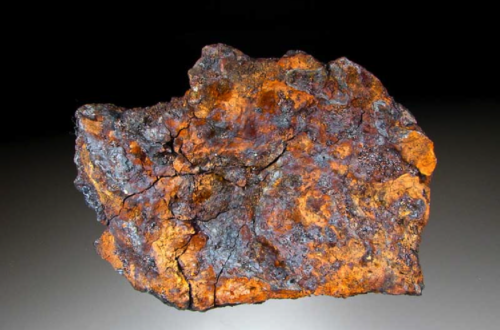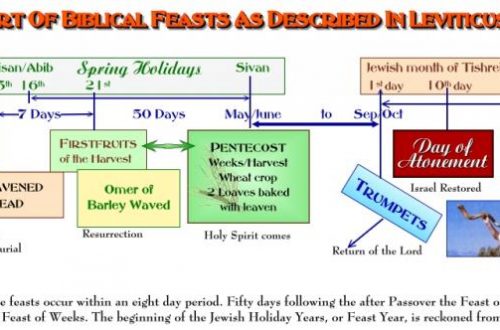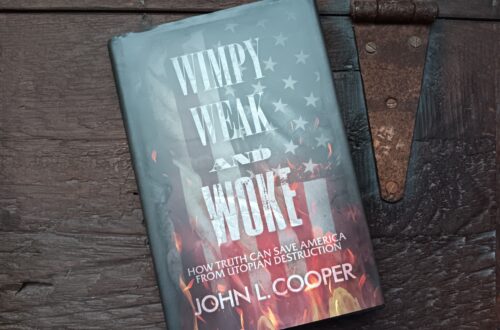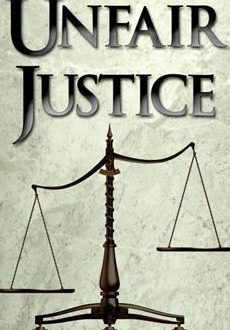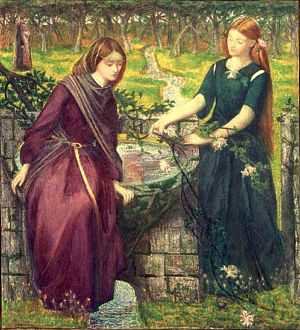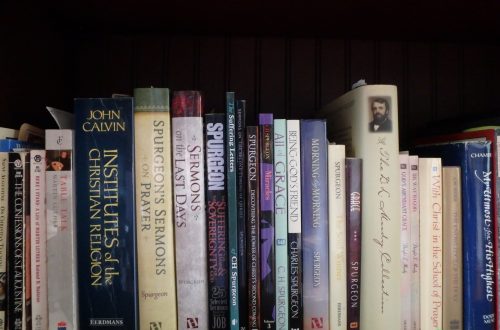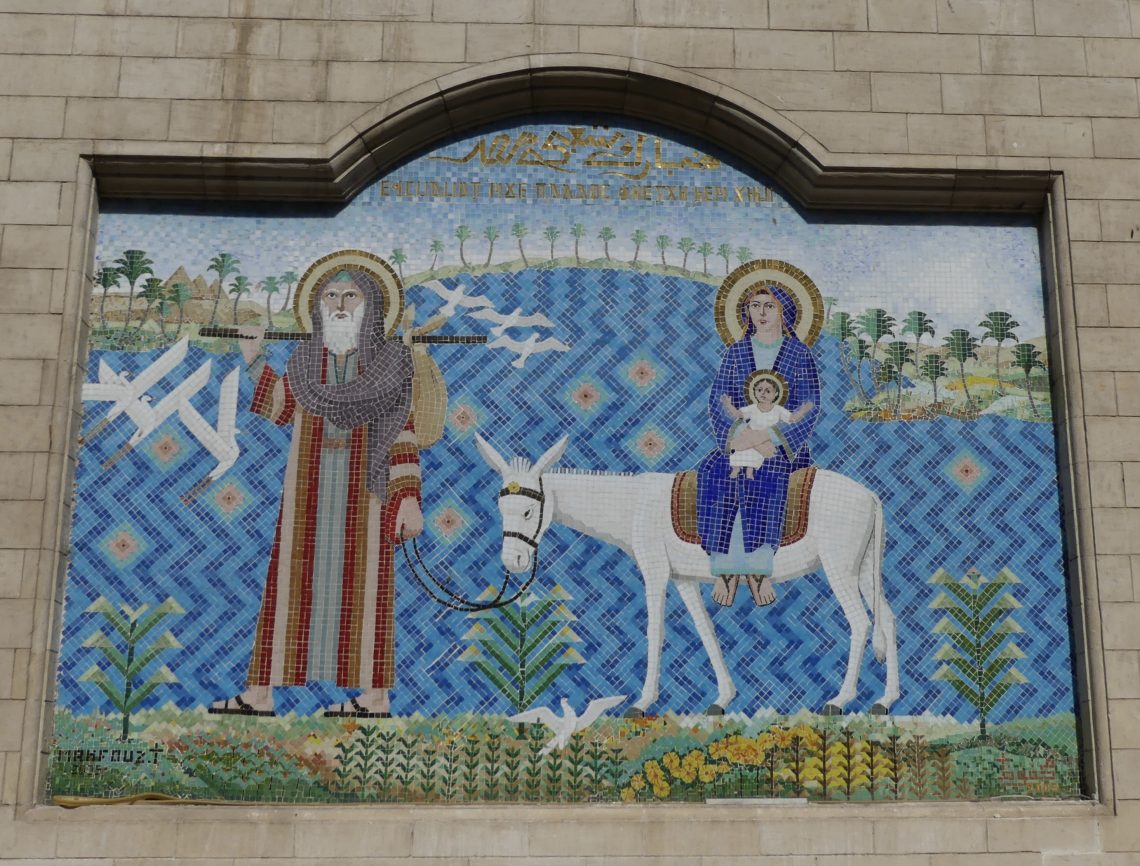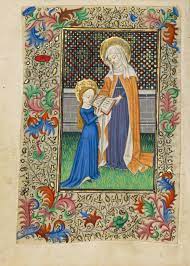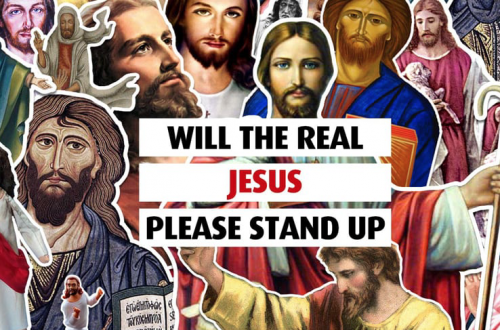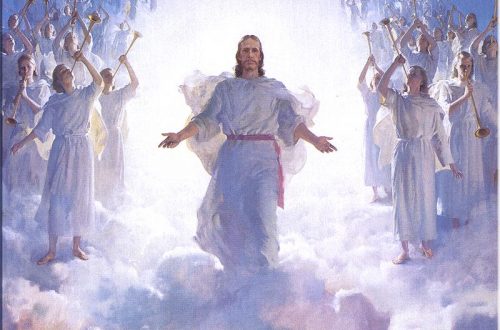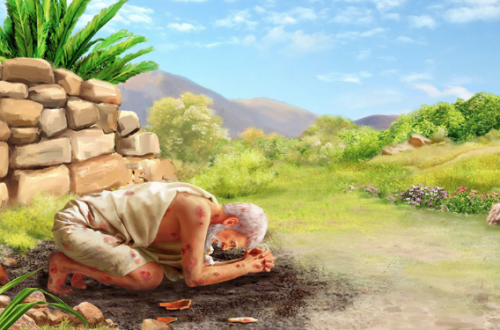-
Surprised by Christmas
Wide-eyed wonder. Snow-covered trees. Bow-draped packages. It’s the quintessential picture of Christmas portrayed in commercials and on cards. But as adults we know the season is seldom so simplistic. The first Christmas certainly wasn’t. It was marked by surprises—but not necessarily the kind most of us would choose on our own. Mary’s life was interrupted by an angelic visitor, proclaiming news that would forever change the course of her life and her position in history. Joseph found out his fiancé was expecting a child that wasn’t his own, only to be visited by an angel in a dream who explained everything and told him to move forward with their marriage.…
-
Rescued by God
Exodus 14:19–31 is part of the lectionary readings for the fifteenth Sunday after Pentecost, which is September 13th. We learned last week that after the deaths of all the firstborn in Egypt, Pharaoh yielded to the Lord’s demands and ordered the Israelites to leave his land (5:2–12:31). God did not lead the Israelites on the shortest route between Egypt and Canaan. The shortest route to the promised land would have been along the Mediterranean Sea and would have taken only a few weeks. Essentially a military road of the Egyptians, this route went through Amalekite and Philistine country. Along this route were many Egyptian military outposts. God knew that if…
-
A new beginning for God’s people
Exodus 12:1–14 is part of the lectionary readings for the fourteenth Sunday after Pentecost, which is September 6th. Previously, God revealed to Moses that He would harden Pharaoh’s heart. Even though the Lord would perform increasingly severe “signs and wonders” (7:3) throughout Egypt, the nation’s ruler would refuse to listen to Moses. Yet, Pharaoh’s stubbornness would only intensify the great “acts of judgment” (v. 4) the Lord would use to bring His people out of Egypt. Furthermore, these miraculous deeds would prove to the Egyptians that the God of Israel was the sovereign Lord of the universe (v. 5). It’s helpful to remember that Egypt was polytheistic, which means the…
-
Moses, called by God to deliver His people
Exodus 3:1–15 is part of the lectionary readings for the thirteenth Sunday after Pentecost, which is August 30th. The account recorded in chapters 1 and 2 relates that Pharaoh believed the enormous number of Israelites living in Egypt were becoming an existential threat to the nation. He therefore ordered that they be enslaved and placed into labor gangs under harsh Egyptian taskmasters (1:9–11). Moses, who by that time had become a prominent member of Pharaoh’s court (Acts 7:22), reacted in anger at the cruelty of an Egyptian who was brutally beating an Israelite slave. For this reason, Moses murdered the Egyptian. Next, at the age of 40 (v. 23), Moses…
-
Taking a stand for what is right
Exodus 1:9–2:10 is part of the lectionary readings for the twelfth Sunday after Pentecost, which is August 23rd. For the sake of brevity, this study primarily focuses on the narrative in chapter 1. Genesis reveals how Joseph was sold into slavery by his jealous brothers. Yet, in time, Joseph rose to prominence in Egypt and became the prime minister. When famine struck Canaan, Joseph’s brothers sought relief in Egypt. While there, they happened upon their long-lost brother and discovered that he was in a position to get them the resources they needed to keep from starving. Joseph forgave his brothers. And since the famine was continuing to worsen, he invited…
-
Joseph, used by God to preserve a remnant
Genesis 45:1–15 is part of the lectionary readings for the eleventh Sunday after Pentecost, which is August 16th. Genesis 41:53-57 leaves the impression that life was busy and absorbing for Joseph, both personally and professionally. It became even more so as seven years of drought and famine began, for Pharaoh directed his starving population to go to Joseph for the food they needed to survive. The famine extended even to Canaan and affected its inhabitants. Moreover, chapters 42–44 reveal that as the situation worsened throughout the Fertile Crescent, Jacob was forced to send his remaining sons (except for Joseph’s full brother, Benjamin) to Egypt to buy grain for the family.…
-
Joseph’s dream
Genesis 37:1–4 and 12–28 are part of the lectionary readings for the tenth Sunday after Pentecost, which is August 9th. The narrative concerning Joseph begins when he was a young man of 17. Joseph and some of his brothers were taking care of his father’s flocks (v. 2). The brothers had done something inappropriate while they were away from home tending the sheep. Joseph saw the wrongdoing and informed Jacob. Commentators take different views of Joseph’s action. Some censure him as a tattletale, while others commend him for acting as a conscientious son. Although the text doesn’t state it, the brothers undoubtedly felt bitterness toward their younger sibling because he…
-
I Was Wrong about Egypt
When I had the opportunity this past March to go to Egypt, I was not thinking of the journey as a trip to the Holy Land…. I mean, talk about the “Holy Land,” and most people will think you mean modern Israel, the Palestinian territories, western Jordan, southern Lebanon and even southwestern Syria. Jews, Christians, and Muslims all regard these parts of the earth as holy. But did you notice Egypt was not on that list? For me, too. In fact, I thought of Egypt as being more like the un-holy land. Wasn’t Egypt where Israel lived enslaved for centuries? Wasn’t that where the plagues happened in response to evil? Wasn’t…
-
Moses, used by God to intervene on behalf of His apostate people
Title: Moses, used by God to intervene on behalf of His apostate people Aim: To assess how to respond to the temptations we face each day. Scripture: Exodus 32:1–14 Apostasy conceived and enacted, Exodus 32:1-6 Exodus has two principal sections. The first (chaps. 1–18) portrays God as the Savior and Provider of His people. The second (chaps. 19–40) depicts the Lord as being holy and righteous. Through God’s revelation of Himself, He instructed the Israelites in His sovereignty and majesty, goodness and holiness, grace and mercy. They discovered that the Creator is the one and only Lord of heaven and earth. Crucial to the narrative is…
-
Moses, called by God to deliver His people
Title: Moses, called by God to deliver His people Aim: To remember that God is concerned with and involved in our struggles. Scripture: Exodus 3:1–12 God gets Moses’ attention, Exodus 3:1–3 Exodus is a continuation of the narrative that began in Genesis. In fact, the first seven verses of Exodus repeat information from the final chapters of Genesis. Furthermore, the first verse of Exodus indicates that its author knew he was adding to an ongoing narrative of God’s people. Around 1876 B.C., Jacob and his family settled in Egypt. At that time, Jacob’s son, Joseph, was the prime minister of Egypt, being the second-in-command next to Pharaoh…


